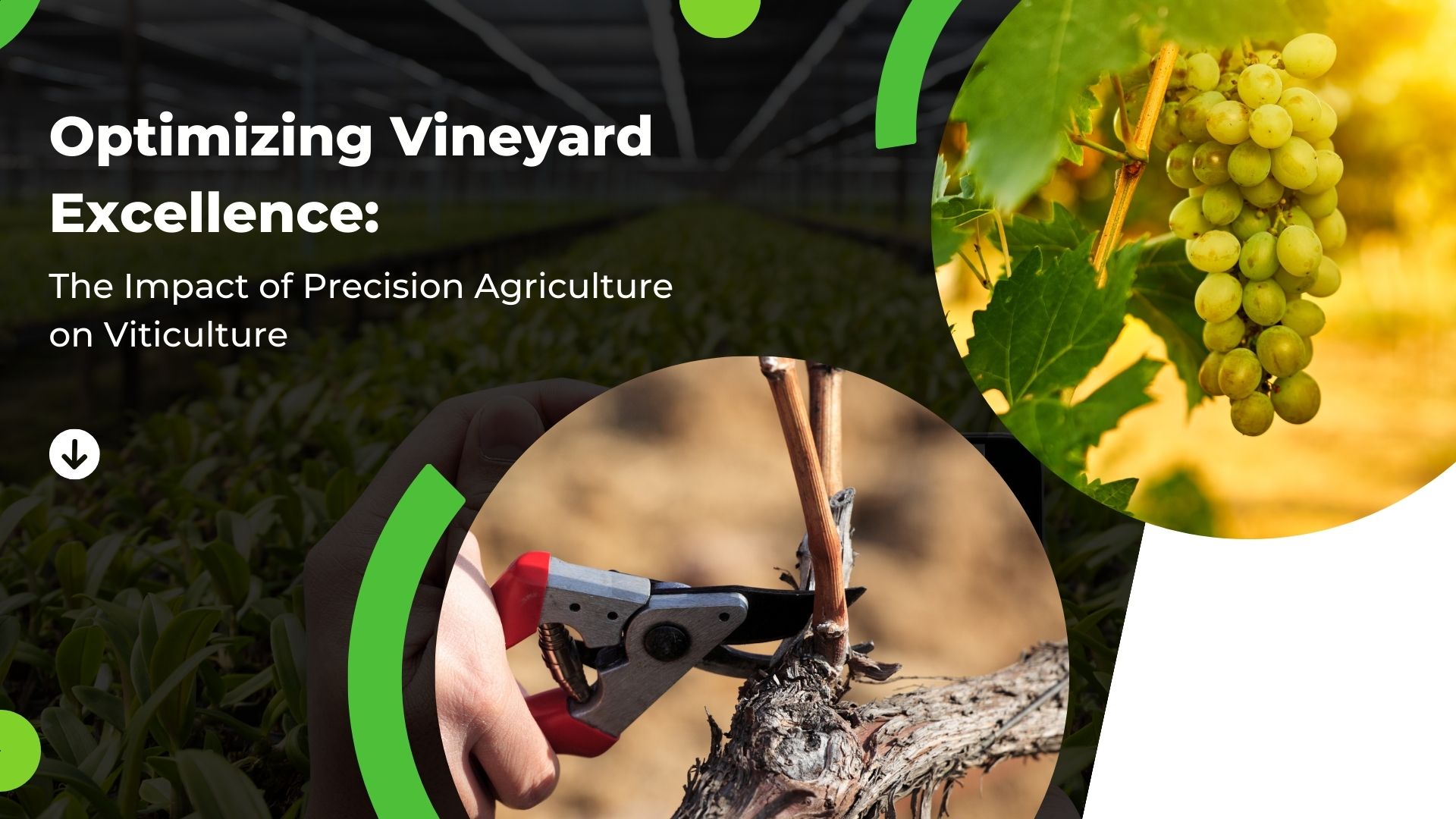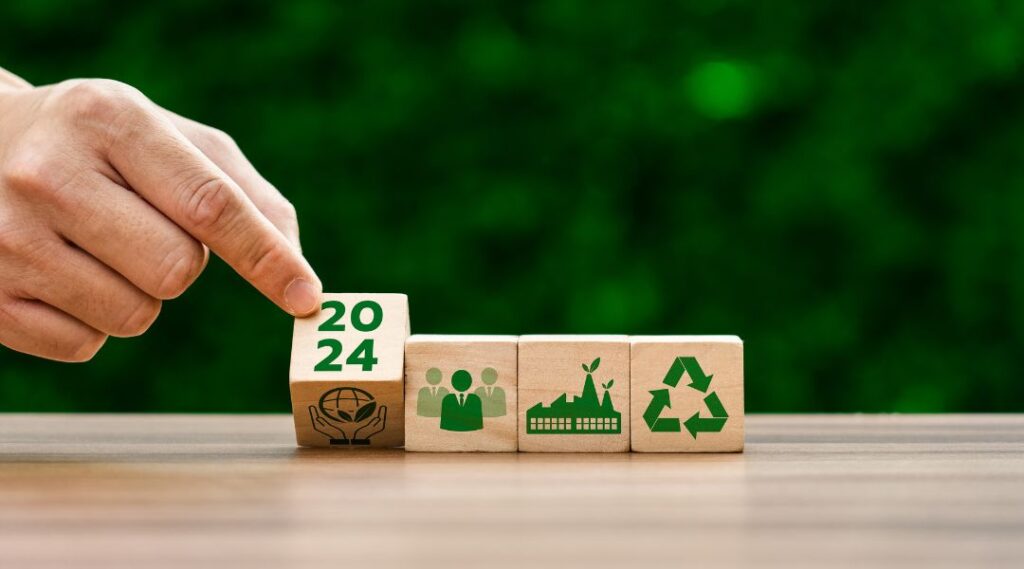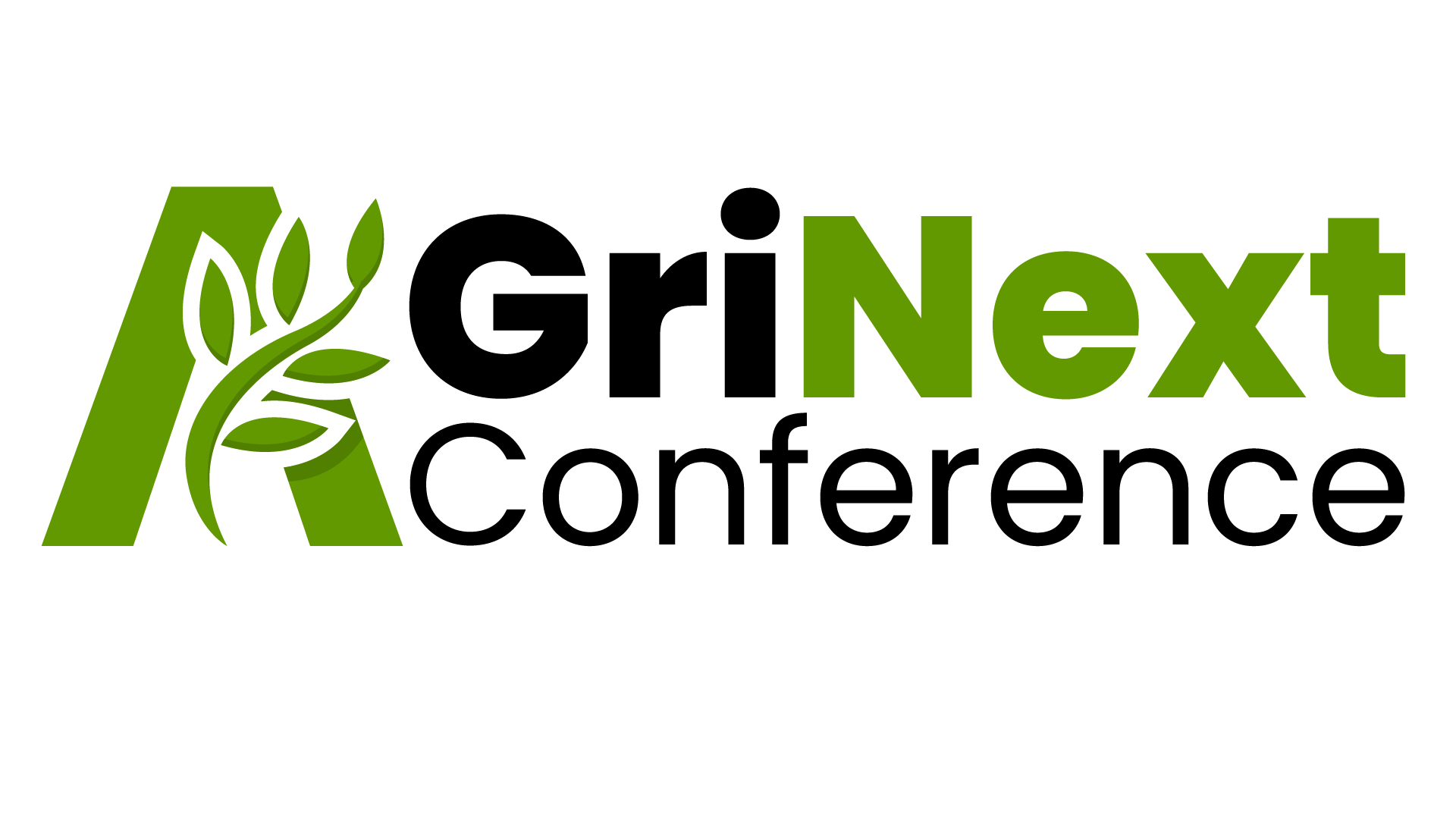
“Precision in viticulture is the key to unlocking the true potential of the vineyard, allowing nature to express itself in every bottle.”
Table of Contents
Robert Mondavi: A Renowned Figure in the Wine Industry
Technology is transforming agriculture into a more sustainable and environmentally friendly industry. By embracing precision agriculture, IoT technologies, renewable energy solutions, and innovative farming techniques, farmers can reduce environmental degradation while ensuring food security for future generations. It’s time to harness the power of technology to cultivate a greener, more sustainable future for agriculture and the planet.

Precision Viticulture
Wine Production: Tradition Meets Technology
Wine production is steeped in tradition, yet modern vineyards are increasingly turning to technology to enhance sustainability and quality.
Wine Production: A Culprit in Climate Change?
Wine production can contribute to climate change in several ways:
Wine production involves various processes that emit greenhouse gases, such as carbon dioxide, methane, and nitrous oxide. These emissions come from activities like land clearing for vineyards, tractor use, fermentation, and transportation of grapes and finished wine. Additionally, the energy-intensive nature of winemaking facilities and refrigeration systems also contributes to emissions.
Converting natural habitats into vineyards can lead to deforestation or habitat loss, disrupting ecosystems and reducing biodiversity. Deforestation releases stored carbon into the atmosphere, contributing to climate change. Moreover, monoculture vineyards may reduce soil organic matter and increase erosion, further exacerbating environmental degradation.
Vineyards require significant amounts of water for irrigation, particularly in arid regions. High water usage can strain local water sources, leading to depletion of aquifers and potential conflicts over water allocation. Additionally, inefficient irrigation practices may contribute to water waste and soil salinization, further impacting ecosystems and exacerbating climate change-related challenges.
Addressing these challenges requires a holistic approach that promotes sustainable viticulture practices, such as organic or biodynamic farming, precision agriculture, water conservation measures, renewable energy adoption, and reducing transportation emissions through local production and distribution networks. By mitigating these harmful effects, the wine industry can play a role in combating climate change while maintaining the quality and integrity of wine production.
Precision Viticulture: Revolutionizing Vineyard Management
Precision viticulture (PV) technologies began to develop more intensively in Australia in the late 1990s. But the core concept of PV has its roots in the French concept Terroir, which refers to the unique combination of factors that influence the characteristics (unique flavor and aroma) of a wine, including the soil, climate, topography, and human intervention specific to a particular vineyard site. With PV technologies, appropriate viticulture management practice can be applied, according to vineyard local variations.
Precision agriculture techniques are revolutionizing vineyard management, offering precise control over inputs while minimizing environmental impact.
Remote Sensing and GIS Mapping
Remote sensing technologies like drones and satellite imagery provide detailed insights into vineyard health and variability. By capturing multispectral images, growers can identify areas of stress or disease early, allowing targeted interventions and reducing the need for broad-spectrum treatments. Geographic Information System (GIS) mapping further enhances decision-making by overlaying data on soil composition, topography, and climate, enabling tailored management strategies.
Sensor Technology for Irrigation Management
Water scarcity is a pressing concern in many wine-growing regions. Sensor technologies embedded in the soil or canopy measure moisture levels and environmental conditions in real-time. By automating irrigation systems based on these data inputs, growers optimize water usage, reduce runoff, and prevent soil erosion. This precision approach ensures vine health while conserving precious water resources.
Climate Monitoring and Prediction
Climate variability poses significant challenges to wine production, impacting grape ripening, flavor development, and harvest timing. Advanced weather stations and predictive analytics models enable growers to anticipate climatic shifts and adjust management practices accordingly. By optimizing canopy management and harvest schedules, vineyards mitigate risks associated with extreme weather events, ensuring consistent grape quality and yields.
Data-Driven Viticulture Practices
Integration of data analytics and artificial intelligence (AI) facilitates data-driven decision-making in viticulture. Historical and real-time data on grape development, pest incidence, and vineyard operations inform predictive models that optimize farming practices. AI algorithms analyze vast datasets to identify patterns and trends, guiding growers in optimizing inputs, minimizing costs, and maximizing grape quality.
In France, precision viticulture is widely utilized in many wine regions, including Bordeaux, Burgundy, Champagne, and the Rhône Valley, among others. French winemakers employ various technologies such as drones, satellite imagery, soil sensors, and weather stations to monitor vineyard conditions, optimize grape quality, and minimize environmental impact. Precision viticulture helps vineyard managers make informed decisions regarding irrigation, fertilization, pest control, harvest timing, and overall vineyard management practices to enhance grape quality and wine production. France’s rich winemaking tradition combined with modern technological advancements makes it a key player in the adoption of precision viticulture techniques.
Other countries where precision viticulture is commonly used include the United States, Italy, Australia, Chile, Spain, Argentina, New Zealand, Germany, and South Africa.
Conclusion: Transforming Wine Production for a Sustainable Future
Precision agriculture is transforming wine production, allowing vineyards to achieve sustainability goals while maintaining quality and profitability. By leveraging remote sensing, sensor technology, climate monitoring, and data analytics, growers can optimize vineyard management practices, reduce environmental impact, and adapt to changing climatic conditions. Embracing precision agriculture ensures a bright future for sustainable wine production, preserving both the environment and the artistry of winemaking.
